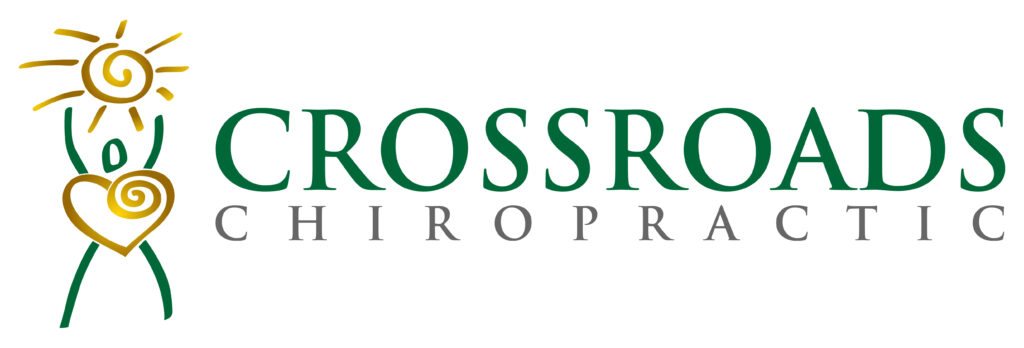I didn’t think 2020 would have holidays. Ok, maybe we still technically have them, but obviously, they feel very different. And really, we need some celebrations every year, but especially this year. The problem is it feels very hard to get into the spirit for a lot of us. With the financial, mental, physical, and societal toll a pandemic takes on us, sometimes it feels so much easier to give in to worry, stress, and fear.
If I may offer you a humble holiday suggestion that may prove to be a better option: gratitude. We all know this word, and have probably been grateful at some point in our lives. Yet, having gratitude can be more than an emotion or feeling. It can be more than a response to a gift. Gratitude can be a practice, an act, a daily ritual. My challenge to you and myself, as well, is to, this holiday season, start living a life of gratitude. Gratitude, as a daily practice becomes a powerful tool, to not only benefit those around us, but to improve ourselves and our quality of life as well.
A leader in this field of gratitude study (yep, that’s a thing) is Robert Emmons, Ph.D a professor of psychology at the University of California, Berkeley. He has studied the effects of gratitude in depth and has published research and written books on the topic. Emmons attributes the following improvements with practicing gratitude:
• Stronger immune systems
• Less bothered by aches and pains
• Lower blood pressure
• Exercise more and take better care of their health
• Sleep longer and feel more refreshed upon waking
• Higher levels of positive emotions
• More alert, alive, and awake
• More joy and pleasure
• More optimism and happiness
• More helpful, generous, and compassionate
• More forgiving
• More outgoing
• Feel less lonely and isolated.
http://greatergood.berkeley.edu/article/item/why_gratitude_is_good
Look at your life and your health. Could you use some of those listed improvements? I know I could! We spend billions on pharmaceuticals, chasing these qualities. Yet, if we listen to Dr. Emmons, these traits could be ours just by practicing gratitude. So how can we do this? There are obviously many ways such as surrounding yourself with positive people, etc. However, Emmons’ most common recommendation is a tool he uses in his research: keeping a gratitude journal. He states, “Establish a daily practice in which you remind yourself of the gifts, grace, benefits, and good things you enjoy. Setting aside time on a daily basis to recall moments of gratitude associated with ordinary events, your personal attributes, or valued people in your life gives you the potential to interweave a sustainable life theme of gratefulness.”
Essentially, stop and recognize the good in your life, everyday and be grateful. Everyday create this focus and write down what makes you thankful. It almost seems too simple. Yet, that’s the beauty. If we could reap any of the aforementioned benefits for such a simple practice, why wouldn’t you make the time to make a gratitude journal a priority? In practical terms, here’s how you do it: upon waking write down three things you are thankful for. That’s it. In Emmons research, that was the method used. Do this each morning, reap the benefits.
I fully appreciate that in 2020, finding things to be grateful for could feel like a really difficult task. But that does not mean we shouldn’t try. It means, it is more important than ever to try. Keep it simple. If life is hard, be thankful for your breath, a friend, your family, a place to sleep, or food to eat. We cannot control the world, only how we react to it. Now, more than ever, we have to look for light and seek gratitude.
